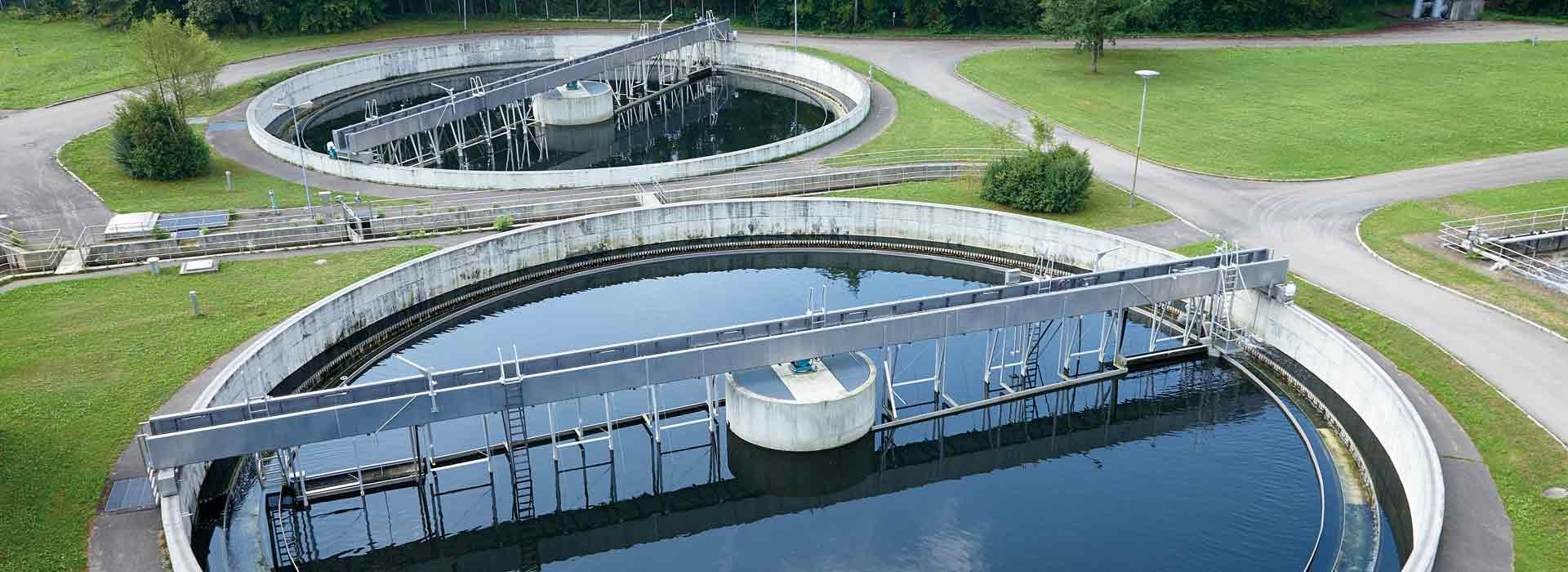
The water cycle and human health
Only by working closely with industry can we move away from controlled laboratory environments and develop more accurate water treatment and analytical techniques suited to the conditions experienced within the natural environment.
The presence of pharmaceutical drugs and personal care products in the aquatic environment has wide ranging environmental effects, from feminisation of fish to antimicrobial resistance. We are working closely with our industrial partners to develop methods utilising high resolution mass spectrometry capable of high accuracy measurements for quantitative, targeted and qualitative non-targeted simultaneous screening, essential to identify unknown compounds in the water. We apply these methods to test water treatment processes such as engineered natural wetlands and algal beds and to verify environmental and human health impacts.
Our analytical capabilities are also at the forefront of a Pan-European inter-disciplinary and cross-sectoral research programme (£4.2m SEWPROF ITN) which aims to provide an integrated approach towards public health monitoring at a community level based on innovative wastewater-based epidemiology techniques.




